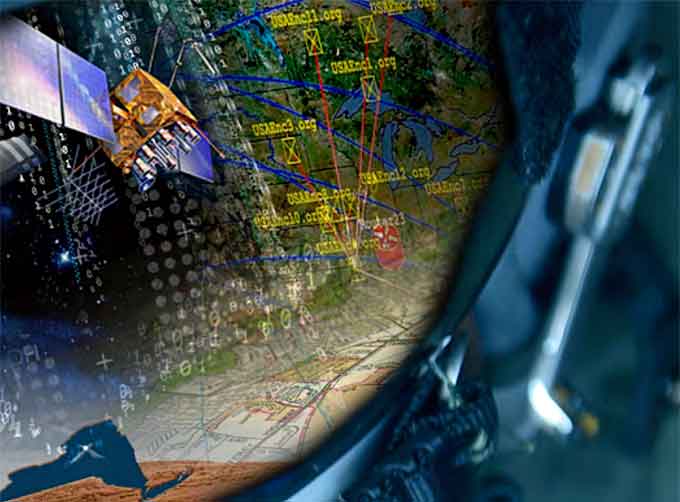
LGS Innovations, a technology company providing specialized mission-critical communication research and solutions and a member of the National Spectrum Consortium, has received a three-year, $14.5 million award for the Dynamic Spectrum Access (DSA) Policy Development project.
LGS Innovations, working closely with the Air Force Research Laboratory (AFRL), in Rome, NY as its government technical representative, will develop spectrum management policies for DSA radio networks.
(Learn More. Take a look into the evolution of the laboratories that would one day meld into One Air Force Research Laboratory. Since its beginnings at McCook Field in 1917, AFRL’s science and technology pioneers have understood that research is the key to air supremacy and to keeping the U.S. Air Force the best in the world. Courtesy of AFResearchLab and YouTube)
Being the agreement holder for the DSA Policy Development project, LGS Innovations is responsible for modeling, designing, developing and running testbeds for rule validation, verification, and integration of the entire system.
LGS Innovations is also the lead for the radio frequency (RF) environmental awareness, a sub-system providing real-time RF environmental understanding that enables dynamic adjustment of spectrum allocation policies and improves radio network effectiveness.

“LGS Innovations has been in the spectrum management business for over fifteen years,” said LGS CEO Kevin Kelly.
“Addressing spectrum access and allocation is becoming increasingly important, and we understand the environmental awareness gap has been a significant impediment.”
“A fundamental component of the LGS solution is RF situational awareness, which includes environmental sensing and a deep understanding of the environment.”
LGS Innovations is partnering with Rensselaer Polytechnic Institute, Virginia Tech, Intelligent Automation Incorporated, Capraro Technologies Inc. and a large Fortune 500 corporation on the DSA Policy Development project.
This collaboration expands the companies’ collective capabilities to include RF situational awareness, radio capabilities, interference analysis, knowledge capture, understanding and testing.
(Learn More about LGS Innovations. Courtesy of the company and YouTube)















